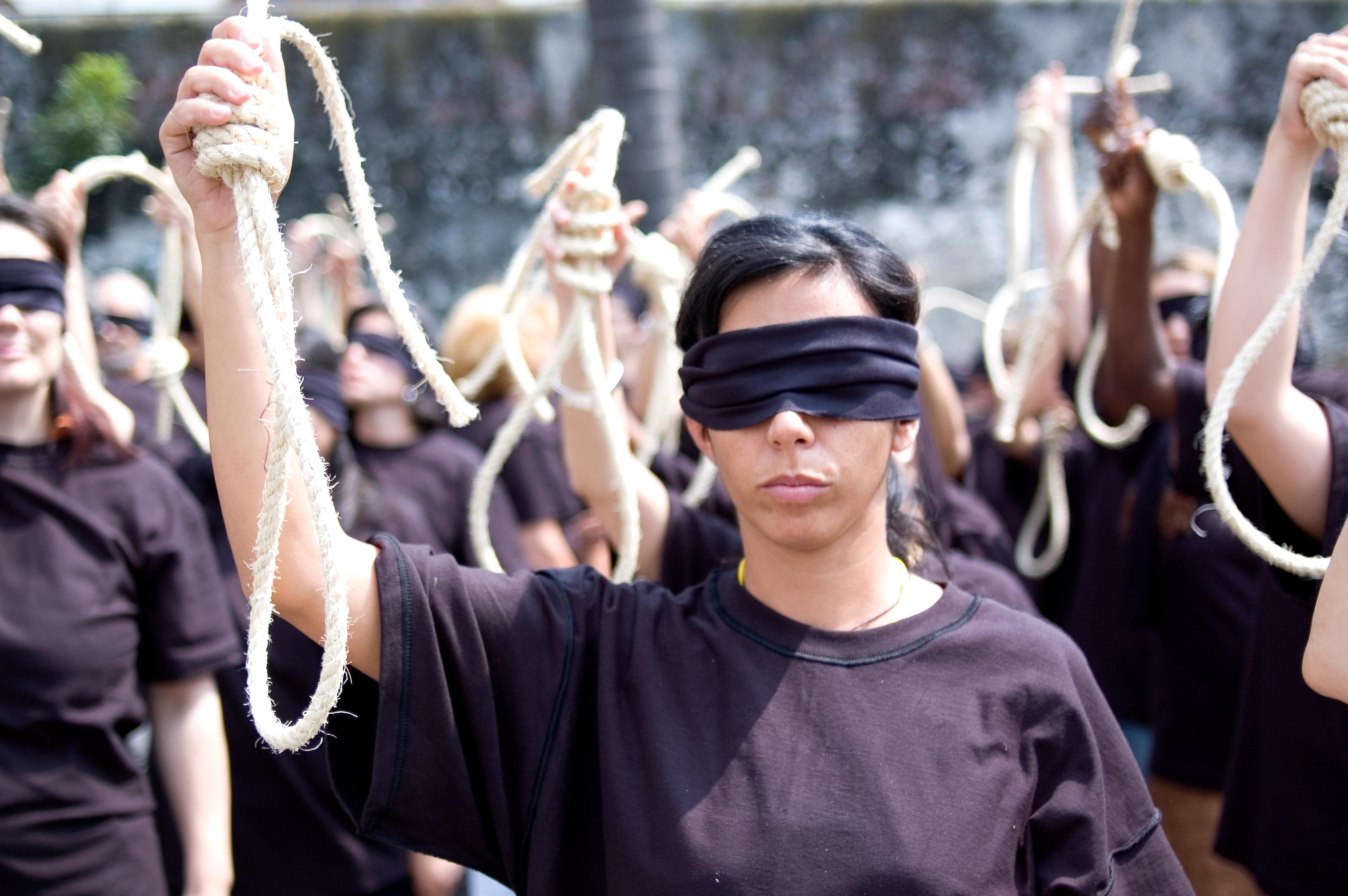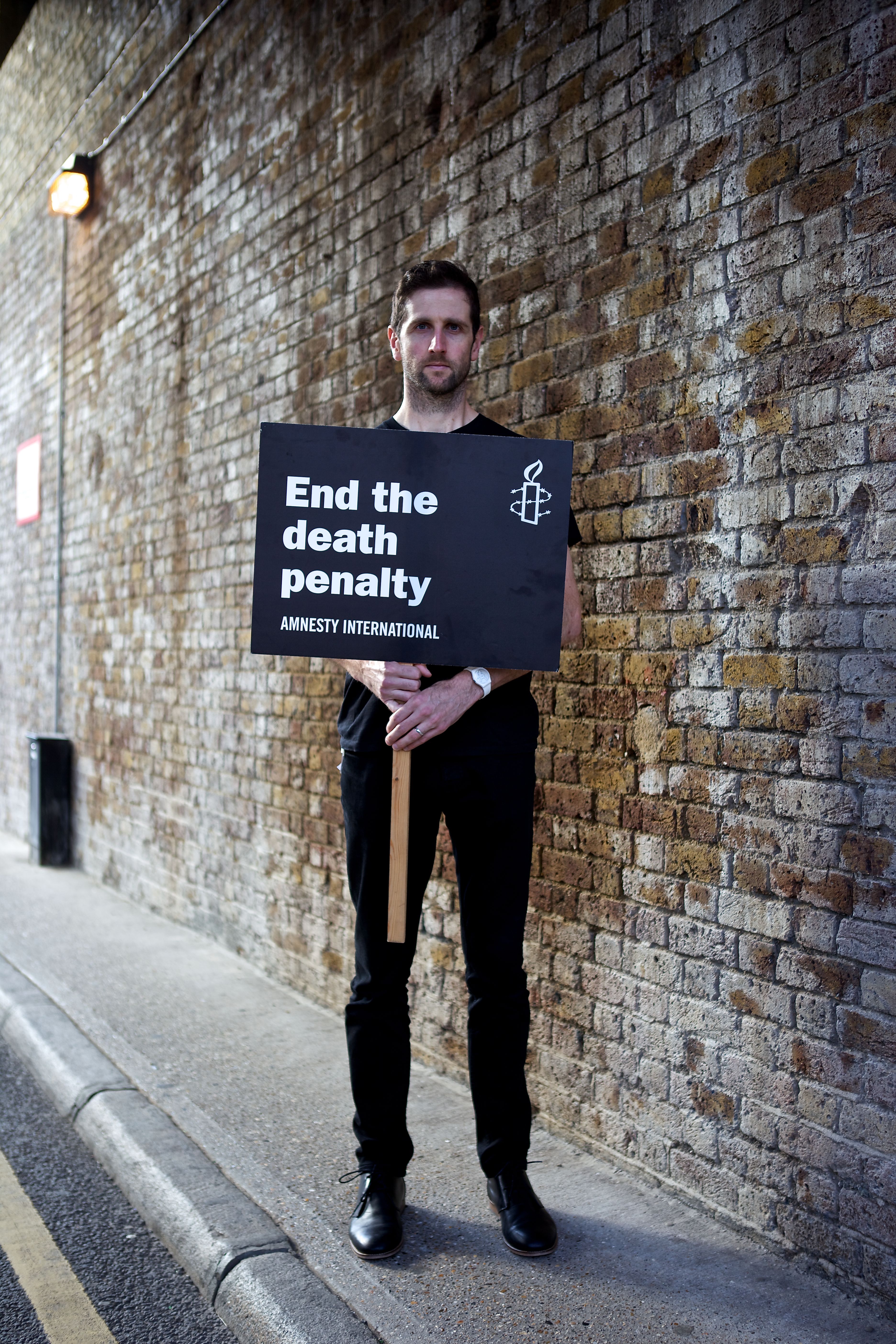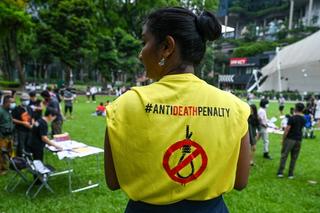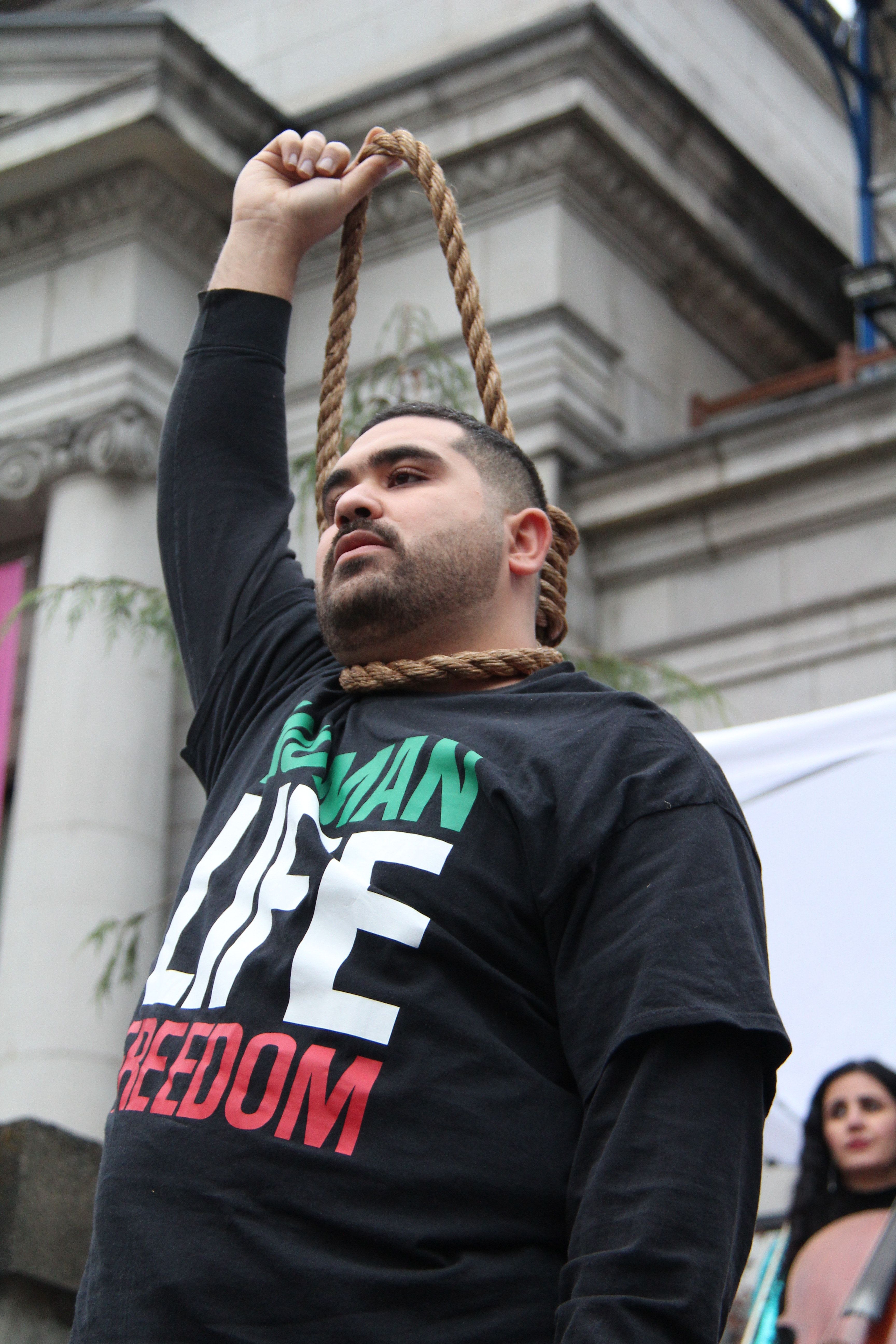Five reasons we should all oppose the death penalty


We have been campaigning against the death penalty for decades.
Every year, Amnesty International publishes a report on the issue to shine a light on the harm that the death penalty causes to individuals, families and communities. Here are five reasons we are opposed to this inhumane punishment - and why you should be too.
The death penalty is a blatant violation of human rights
Executing someone is the ultimate act of violence, and it denies that person their most fundamental right: the right to live. It is the ultimate cruel, inhumane and degrading punishment.
Some people argue that people who commit the crime of murder deserve to be executed as their punishment. But an execution – or the threat of one –inflicts terrible physical and psychological suffering. Any government which executes offenders is committing the same violence it condemns.
The death penalty is an ineffective punishment
Studies have shown that the death penalty does not deter crime any more effectively than other punishments. In fact, crime figures from countries which have banned the death penalty have not risen. In some cases, they have actually gone down. In Canada, the murder rate in 2008 was less than half that in 1976 when the death penalty was abolished there.
The death penalty is often used as a political tool to create the illusion of being "tough on crime," while doing little to address the underlying social and economic factors that lead to crime. It's time to end this barbaric practice and invest in real solutions that work.

The death penalty does not bring closure or healing to victims' families
The death penalty is often touted as a way to bring closure and justice to the families of victims, but this is a false promise. In reality, the death penalty only perpetuates the cycle of violence and leaves families stuck in a cycle of pain and suffering.
Those who have lost loved ones in terrible crimes have a right to see the person responsible held to account in a fair trial without recourse to the death penalty. Opposing the death penaltydoes not minimize or condone crime. In fact, many families who have lost loved ones have saidthe death penalty cannot genuinely relieve their suffering: it just extends that suffering to another family and their wider community. We are calling on States around the world to break this cycle of violence and seek real reconciliation for all those affected by crime.
The death penalty is applied unfairly
The death penalty is disproportionately applied to people who are poor, marginalised, or belong to groups who already face entrenched discrimination. The use of the death penalty can also reinforce pre-existing prejudice in society. For instance, in the United States, people convicted of killing white people were 17 times more likely to be executed than those convicted of killing Black people.Clearly, the death penalty does not solve social issues, but instead accentuates injustice.

The death penalty risks executing innocent people
When the death penalty is carried out, it is final. Mistakes that are made cannot be unmade. There have been many cases where people have been sentenced to death for crimes they did not commit. An innocent person may be released from prison, but an execution can never be reversed.
Around the world, governments are using the death penalty to silence their opponents. Where justice systems are flawed and unfair trials rife, the risk of executing an innocent person is even more serious. In 2022, executions carried out by Iranian authorities rose by 75%, with at least 582 people put to death for various charges. As long as it continues to exist, the death penalty can and will be weaponised by States as a way to control their population and crack down on other crucial human rights.
Join the movement against the death penalty
You can add your voice to a global community that is standing up for human rights and standing strong against the use of the death penalty. If you agree that:
- The death penalty is a blatant violation of human rights.
- The death penalty is an ineffective punishment.
- The death penalty does not bring closure or healing to victims' families.
- The death penalty is applied unfairly.
- The death penalty risks executing innocent people.
then consider joining the Amnesty Community today.
